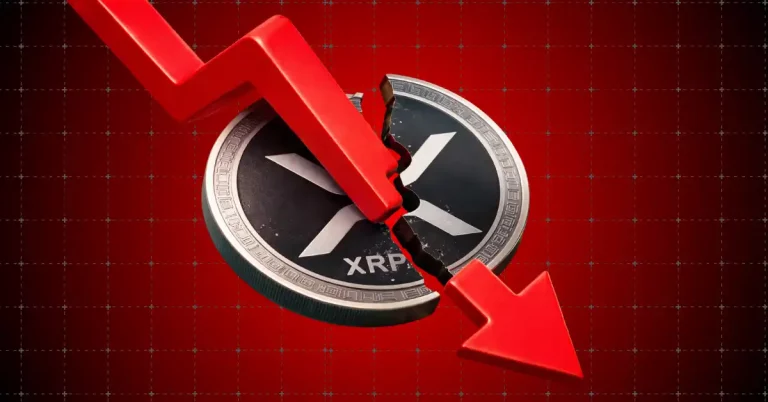In an alarming development for the cryptocurrency community, a newly-discovered malware known as ModStealer is actively targeting crypto wallets across macOS, Windows, and Linux operating systems. This malware poses significant risks to wallet credentials, private keys, and browser-based wallet extensions.
What is ModStealer?
Research by Apple-focused security firm Mosyle revealed that ModStealer was undetected by major antivirus engines for nearly a month after its discovery on the VirusTotal platform. This sophisticated malware is designed to extract sensitive data using maliciously pre-configured code. It specifically targets private keys, certificates, and credential files critical to accessing cryptocurrency wallets.
ModStealer is particularly dangerous as it infiltrates browser-based wallet extensions on Safari and Chromium-based browsers. On macOS devices, it registers itself as a background agent, ensuring persistence on the infected system. Even more concerning, its servers, although identified in Finland, are routed through Germany to obscure the operators’ true origins.
How is it Being Distributed?
The malware is being spread via fake job recruitment ads, an increasingly common tactic used by cybercriminals to target professionals in the Web3 ecosystem. Once unsuspecting users install the malicious package, the malware embeds itself into their system, taking control in the background and executing various unauthorized actions such as capturing clipboard data, taking screenshots, and running remote commands.
Stephen Ajayi, a technical lead at blockchain security firm Hacken, warns developers to be vigilant. Cybercriminals often deploy fraudulent “test tasks” or files under the guise of recruitment processes to infect victims’ devices. Ajayi recommends developers verify the legitimacy of recruiters and avoid downloading tasks from dubious sources.
Best Practices for Protecting Your Wallet
To defend against threats like ModStealer, Ajayi outlined essential security measures:
- Use Hardware Wallets: Hardware wallets such as Ledger Nano X provide an extra layer of protection by storing your cryptocurrency offline. Always confirm transaction addresses on the device’s display, verifying at least the first and last six characters before approving.
- Isolate Your Wallet Activities: Maintain a dedicated browser profile or a separate device exclusively for wallet transactions. This minimizes exposure to malware.
- Strengthen Account Security: Store your seed phrases offline, enable multifactor authentication (MFA), and, when possible, use FIDO2 passkeys for added authentication security.
- Compartmentalize Sensitive Assets: Separate your development environment (‘dev box’) from wallet storage (‘wallet box’). This practice ensures additional layers of protection.
Stay Vigilant
As the crypto industry evolves, so do the tactics of cybercriminals. The discovery of ModStealer is a stark reminder of why proactive security measures are necessary to protect your assets. Beyond basic wallet hygiene, adopting tools like encrypted password managers and virtual machines can further enhance your protection against threats.
Want to secure your cryptocurrency investments further? Explore trusted hardware wallets like the Ledger Nano X or Trezor Model T, designed to provide advanced security for your digital assets.



